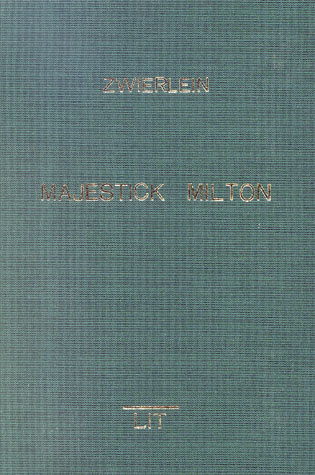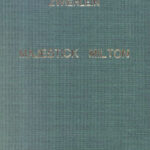Beschreibung
This study investigates how Milton’s texts, above all
Paradise Lost, were read in the context of
eighteenth- and early-nineteenth-century British empire
building. Milton’s epic was implicated in the articulation
and criticism of early modem colonialist discourse; it also
lent itself easily to later imperial and anti-imperial
appropriations. Milton the `national poet’ emerged from the
strife between Whigs and Tories for his legacy; this book
analyses Milton’s presence in a number of discourses that
are characteristic of the Whig model of secular history: the
discourses about empire, language and literary criticism,
travelling and astronomy, agriculture, commerce and
Pax Britannica, as well as the slave-trade. The
temporal frame extends from the Restoration through the loss
of the American colonies to the Second British Empire and
`Milton in India’. Eighteenth-century British national
epics, commented Milton editions and poetic Milton
recreations invented a tradition for the British Empire and
reintroduced the Virgilian concept of translatio
imperii, transforming Milton’s allegories of divine power
into descriptions of secular authority. This study
contextualizes traditional stories about `Milton and
Romanticism’ by examining mostly `minor’ writers; still,
Dryden, Johnson, Pope and Blake feature in some detail. The
epilogue shows that even postcolonial rewritings of Milton
make more sense in the light of the eighteenth-century
Milton and his presence in the nineteenth-century British
colonial education syllabus.


